Sikhi has a long, rich history of warrior-women fighting for social justice with love and gurmat values. Women like Mata Khivi, Mata Sahib Kaur, and Mai Bhago have served as the panth’s inspiration for centuries. Today, as we enter a dangerous and uncertain time in our nation, the guidance, seva, and leadership of Sikh women is critical and necessary.
The strength and stamina of Sikh women leaders in the months ahead are vital for the future of our community and country. In this spirit, the Auburn Theological Seminary, Loyola Marymount University, the Sikh Coalition, and the University of Southern California’s Revolutionary Love Project held a small gathering of Sikh women leaders for the Mai Bhago Retreat.
The first-ever Mai Bhago Retreat for Sikh American women leaders was held at Loyola Marymount University in Los Angeles on February 24-26, 2017. It convened a diverse group of 20 Sikh women leaders – lawyers, professors, doctors, organizers, artists, activists, and mothers whose work influences North America.
“Our retreat was a grand experiment,” said co-organizer Valarie Kaur. “I was longing to build bonds with other Sikh women who are inspired by their faith to fight for justice. So we put out the call — and I knew I was not alone. Twenty amazing Sikh women gathered together to share our hearts — our stories, struggles, tears, and dreams. As a result, we created a circle of sisterhood that is now giving us strength at a time when our community and country most needs us.”
The Mai Bhago retreat was facilitated by Lisa Anderson, the founder of the Sojourner Truth Leadership Circle for Black women in social justice. The Sojourner Truth Leadership Circle arose out of a need to equip Black women and communities with the resources they need to engage in social transformation over time, says founder Lisa. It seeks to disrupt the narrative that to be engaged in social justice, women must sacrifice their own minds, bodies, and souls. Instead the the Sojourner Truth Leadership Circle declares that self-love, self-care, and self-nurturing are not narcissist or indulgent practices but necessary to achieve long-term social change and a form of restorative justice. Ultimately, such self-care practices heal the long dishonored bodies of community leaders and can inspire a more grounded, shared and sustainable plan of action.
Together, Lisa and Valarie started dreaming of a similar retreat for Sikh women four years ago; a retreat that would heal and restore the minds, bodies, and souls of Sikh women in the social justice space. “Such spaces are rare in our community,” said Valarie. “Every time I’ve seen another Sikh sister doing amazing work, we would catch glimpses of each other in the trenches but never have enough time to sit together, hear one another’s stories, weep, learn, and build bonds of sisterhood. Could we create such a space?” The dream came true this year when they joined forces with Sapreet Kaur Saluja the Executive Director of Sikh Coalition and Dr. Nirinjan Khalsa professor of Theological Studies at Loyola Marymount University.
The Mai Bhago Retreat focused on self-care, critical inquiry, and sisterhood that could sustain Sikh women’s collective leadership on the difficult road ahead. It included ardas, meditation, kirtan, self-reflection, martial arts, and group brainstorming and discussions on challenges and opportunities of the contemporary Sikh woman.
Many participants called the retreat “life changing” and “historic.”
“Feminist Sikh spaces and female Sikh spaces are critical to the advancement of the panth because it allows us to recognize the ways in which we have fallen short of our Guru’s teachings,” said retreater Harleen Kaur. “By understanding the ways in which maya and the physical world have created a barrier to recognizing Vaaheguru and equality for all genders is a large obstacle for the Sikh community, but also each individual Sikh. Creating and supporting female Sikh spaces allows the necessary conversations about how we can become a more inclusive and Gursikh panth.”
While there are formal institutions, gurdwaras, and local sangats for women to gather, sometimes spaces beyond these traditional venues can help free women of expectations, allow them to share unconditionally, and facilitate connections on different levels.
“Just like Sikhi itself is a deeper call to action against injustice, sometimes in contrast to the morality and norms of the state, so too must our sisterhood and union as women, as fierce warriors and defenders of human rights, exist beyond the obligations of ordinary life,” said retreater Gurjot Kaur. “The Mai Bhago Sikh Women’s Leadership Retreat forged our connection in just this way: to our sisterhood, to universal truths, to humanity, and to the Divine.”
Valarie Kaur explained that the selection of women helped create a diverse circle of experiences and thoughts. “We were brown and white, young and old, gay and straight, turban-wearing and not, and many different professions — educators, artists, activists, lawyers, and scholars.”
It was this diversity that gave Nirvair Khalsa inspiration. “This was a gathering of strong women who are each committed, each in their own unique way, to serving humanity and helping things go right in our world,” she said. “I realized how fortunate I had been to be able to receive the renewing energy of being in the company of women gathered for the sole purpose of seeing each other, knowing each other and supporting each other.”
Retreaters and organizers hope this retreat is the beginning of a grander legacy of more Sikh-women spaces and circles that address a variety of Kaur-issues.
“I hope to see spaces like this become the norm,” said Harleen. “I hope to see spaces like this exist for the non-academics, working class, solely Punjabi-speaking, and older members of our community. I want these conversations to happen in spaces they are least likely to exist, because that’s where they are most needed.”
Women who need retreats the most may be those who do not have an immediate sangat they can go to for support and strength. As Sikhs are often geographically spread out, retreats can help women break out of seclusion. “As Sikh women we may not recognize the value of our stories, our ideas, and our power,” said retreater Lakhpreet Kaur. “We we may feel isolated in our struggles and isolated in our victories. But, spaces like the Mai Bhago Retreat can assist us develop personal and communal confidence which can ultimately develop our collective strength.
Retreater Aasees Kaur echoed that sentiment, “This retreat was a transformative experience and I did not realize how much I needed it until after it happened,” she said. “It allowed me to feel everything and become whole again.”
Ultimately, retreaters wish that the spirit and legacy of historic Sikh women figures will continue to inspire the community. “I hope that we can carry forward the spirit of Mai Bhago by creating radical sisterhoods amongst Kaurs and finding ways to support each other on our paths as activists and Gursikhs,” said Harleen. “I hope that each of us who were privileged enough to be in this space initially find the strength, inspiration, and courage to take these lessons and this love back to our homes and communities and inspire Kaurs and Singhs…”
The organizers of the Mai Bhago retreat know there are many more Sikh women leaders out there who are breaking new ground and need support. If you are interested in future Mai Bhago retreats please write to Meha Chiraya at meha.chiraya@revolutionarylove.net.
Retreaters included:
- Aasees Kaur: Public Policy student, Civil and Human Rights Advocate
- Dr. Anneeth Kaur Hundle: Assistant Professor of Anthropology at UC Merced
- Balpreet Kaur: Sikh Advocate and Training Specialist at Equitas Health
- Harleen Kaur: Sikh Advocate and Research Assistant in the Department of Afro-American and African Studies at University of Michigan
- Jasvir Kaur: Gurmat Sangeet Teacher at Raj Academy
- Jo Kaur: Attorney for the Law Enforcement Bureau at the New York City Commission on Human Rights
- Jyotswaroop Kaur: Associate Director at the California Immigrant Policy Center
- Lakhpreet Kaur: Founder & Editor-in-Chief of Kaur Life
- Manpreet Kaur Singh: Attorney at Soule, Baldwin, and Fanaff
- Dr. Nirinjan Kaur Khalsa: Dr. Nirinjan Kaur Khalsa, Professor of Sikh and Jain Studies at Loyola Marymount University
- Nirvair Kaur Khalsa: Founder of Khalsa Montessori School
Nitasha Sawhney: Attorney specializing in education, labor and employment law - Dr. Puni Kalra: Clinical Psychologist, Executive Coach & Consultant
- Sapreet Kaur: Executive Director of the Sikh Coalition
- Schandra Singh: Painter and Visual Artists
- Shanti Kaur Khalsa: Executive Director for the Dharmic Public Affairs Office
- Simran Kaur: Community Diabetes Program Coordinator at Valley Children’s Healthcare
- Dr. Suneet Kaur: Physician
- Tavleen Kaur: PhD student in Visual Studies at UC Irvine
- Valarie Kaur: Founder of The Revolutionary Love Project
Organizers would like to thank co-hosts Sikh Coalition, Auburn Theological Seminary, Loyola Marymount University, and Revolutionary Love Ground Team: Meha Maple Chiraya and Sim Grewall.
By Lakhpreet Kaur
Photos by Sim Grewall

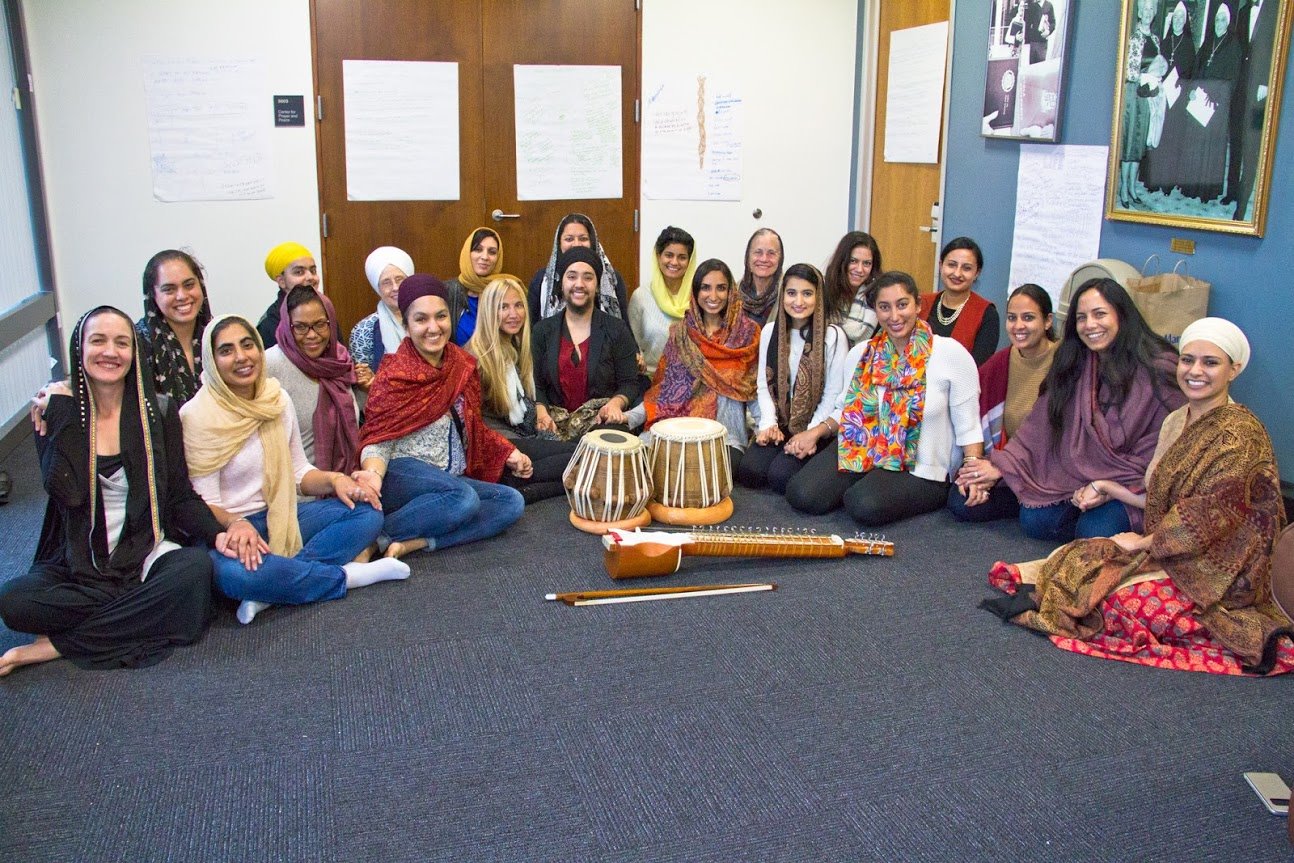


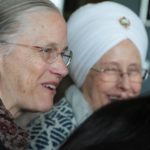




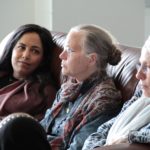


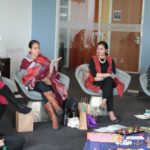
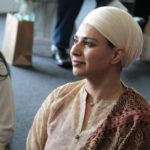

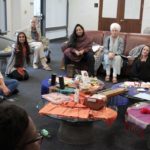
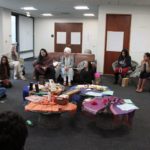



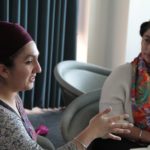
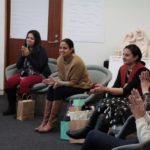

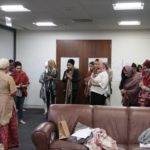
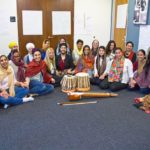


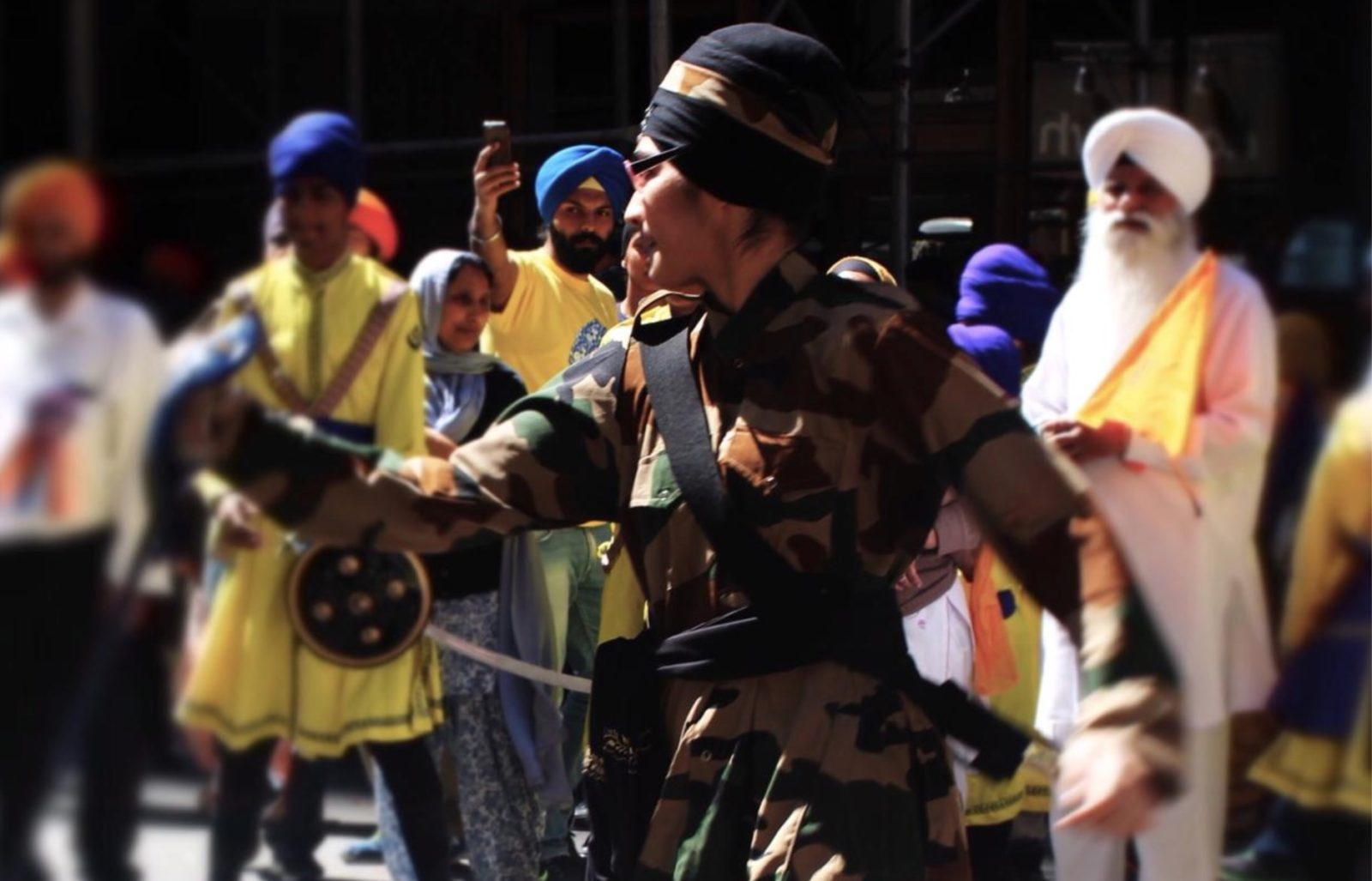

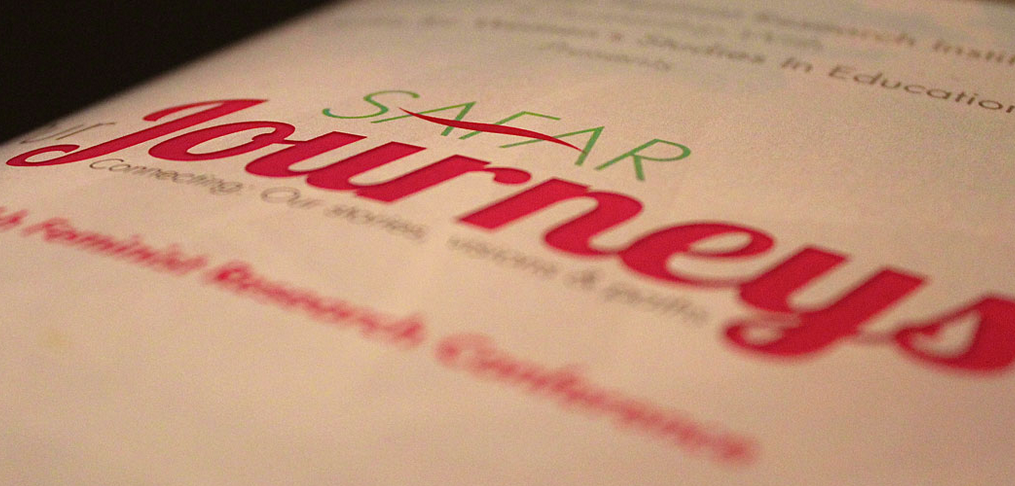
No Comments